In my work as a consultant to schools, I’ve met many teachers who are concerned about the number of words their students know, as well as the limited knowledge of how words work, which students display. When we begin to discuss these issues, the teachers often share with me that they don’t have resources to address these deficiencies and that they are concerned about how to integrate meaningful vocabulary instruction into their lessons.
In response to these concerns that I’ve heard so many times, I began crafting short lessons intended to teach a few target words, building on a similarity (like a shared root) that the words have. Each mini-lesson contains four components, represented by the acronym SNAP. S represents the students seeing and saying each word. This step allows for students to see spelling patterns, notice word parts, and practice pronunciations. N stands for the teacher naming a category the words fall into or for noticing connections among the words or making other associations that will support students in connecting new words to prior knowledge. A stands for the students acting on the words in some way. In this step, students engage in conversation about the words or otherwise dabble in using the words informally. Lastly, in step P, students produce an original application of some or all of the words, usually in writing. The written product serves as a quick formative assessment, giving the teacher vital information about what the student remembers from the lesson.
Each SNAP mini-lesson is designed to take about 15 minutes of class time and to be varied enough to engage all students. Each lesson contains several words, some of which may be familiar and others of which may be totally new. I provide suggestions for how to support struggling students and ideas about accelerating for advanced students for every mini-lesson I make. The key to every lesson is its flexibility: you as the teacher decide how best to use it. If a lesson seems to take a bit longer, you can cut it off and continue it the next day. You can repeat certain lessons throughout the year if there are certain words you want to ensure are internalized. You can also use the SNAP structure to teach groups of words from literature your class is studying or content-area words that are related in some way.
The Benefits of SNAP Lessons
Short, frequent vocabulary lessons such as the SNAP lessons have many benefits. First, students get into the habit of examining words and word parts, which helps to build a sense of curiosity about words, but more importantly also helps to build efficacy. When students repeatedly tackle unfamiliar words and learn strategies for unlocking meaning, they become increasingly skilled and confident in doing so. This, in turn, helps students become more capable readers who have a toolbox of strategies and a larger lexicon to draw upon when reading independently.
Secondly, students need to see teachers who are “word nerds.” Their teachers are their most powerful models of literacy outside the home and family. Therefore, it’s important for teachers to demonstrate a love of words. Each SNAP mini-lesson is structured to be quick and fun, but each also allows for the teacher to have a conversation with students about words. These are not lessons where students take notes or complete worksheets. They are instead designed to be more authentic—to mirror the way adults might talk about and learn new words. The ultimate goal of vocabulary acquisition is for students to use powerful words in both speaking and writing. They need to see adults who do this too!
Another benefit is that students get a regular “dose” of vocabulary through short lessons like the SNAP lessons. It becomes clear to them that learning new words and understanding word parts, like Greek and Latin roots, are integral parts of academic learning. Word learning is not limited to lists of isolated words or footnoted, uncommon words that come along only every once in a while; instead, they begin to see word learning as integrated with all study and all learning.
Each lesson also includes discussion and collaboration with other students. This allows students to talk with each other, which is usually enjoyable, and experiment with words, without facing a penalty for getting something “wrong.” The goal is to make word study enjoyable as well as practical.
Sample Lesson
Could SNAP mini-lessons work in your classroom? Examine this sample lesson and see what you think.
Root: ann, enn
These roots, which are alternative spellings of each other, originate in Latin and mean “year.” Ann is most often used at the beginning of words, like annual and anniversary. Enn is used in the middle of words, like centennial.
Lesson: Annual, anniversary, millennium, millennial
S
(2 mins.)
The following lists target words students should see and say for this mini-lesson.
- Annual (adj.): Happening once a year
- Anniversary (n.): The date on which something occurred in a previous year
- Millennium (n.): A period of one thousand years
- Millennial (adj.): Relating to a period of or anniversary of one thousand years
N
(2 mins.)
Consider saying something like the following to your class:
“All these words are about time, and specifically, they are about periods of time. Annual means one year has passed. An anniversary is a date marked each year, like a wedding anniversary or an anniversary of moving to a new place or meeting one of your friends. Millennium and millennial have been used frequently since we passed the year 1999. The year 2000 and beyond is what we call a new millennium—a new period of one thousand years has begun. The year 3000 will mark the next millennium. You may have also heard the word millennial to describe people who reached adulthood in the year 2000 or since. They are people who came of age during this new millennium.”
A
(3–4 mins.)
Form small groups of students. Ask them to discuss the following:
- What is something that happens annually, meaning that it happens every year? Come up with as many things as you can think of.
- Does your family celebrate any anniversaries? If so, what are they?
P
(4–5 mins.)
Have each student write a sentence using two of the target words (or related forms of those words). Have a few share aloud if time allows.
Scaffolding for Struggling Students
Provide sentence templates like the following for students to choose from:
- My favorite annual event is ___.
- Some people celebrate the anniversary of ___.
- Millennium means ___.
- Millennial means ___.
Acceleration for Advanced Students
Related words bicentennial and centennial may be of interest or may be familiar to some students. Discuss these words as appropriate, or ask advanced students to find out more about them during step A and to share what they find in step P.
- Bicentennial (adj.): Relating to a 200th anniversary or a period of two hundred years
- Centennial (adj.): Relating to a 100th anniversary or a period of one hundred years
For more mini-lessons like this one, read Vocabulary in a SNAP: 100+ Lessons for Elementary Instruction. The book provides many more research-based mini-lessons to help you efficiently shape instruction, each taking less than 20 minutes.
[author_bio id=”28″]


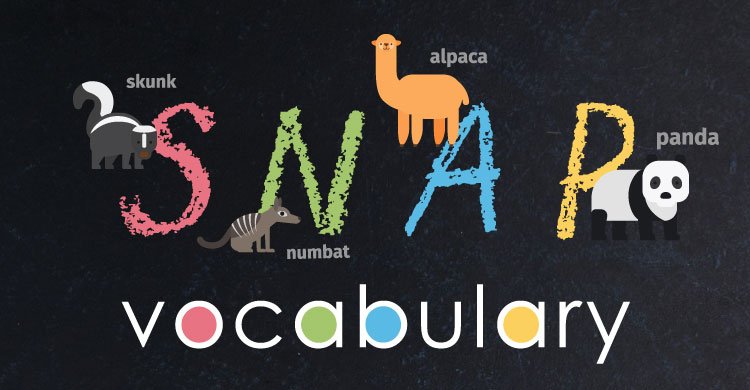
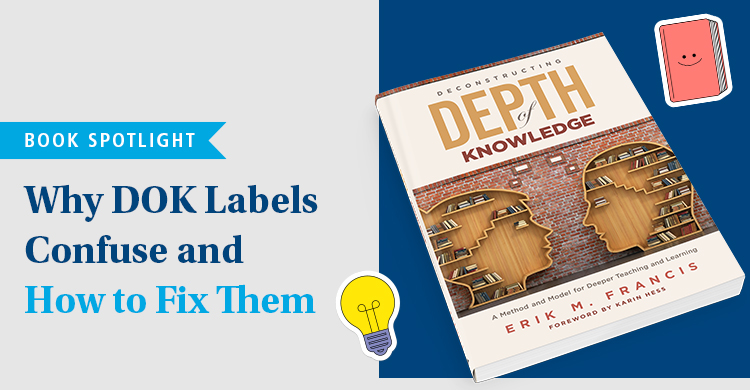
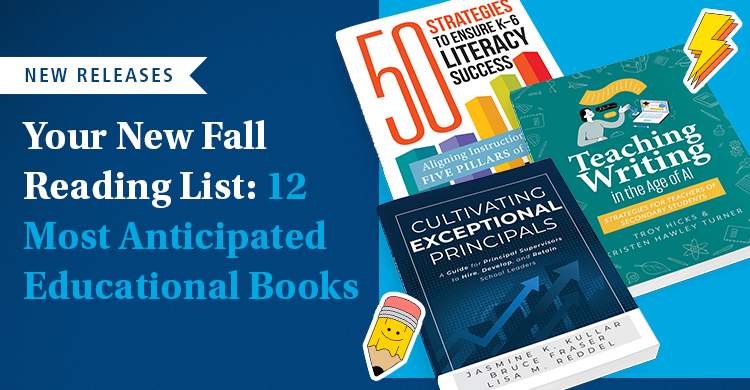
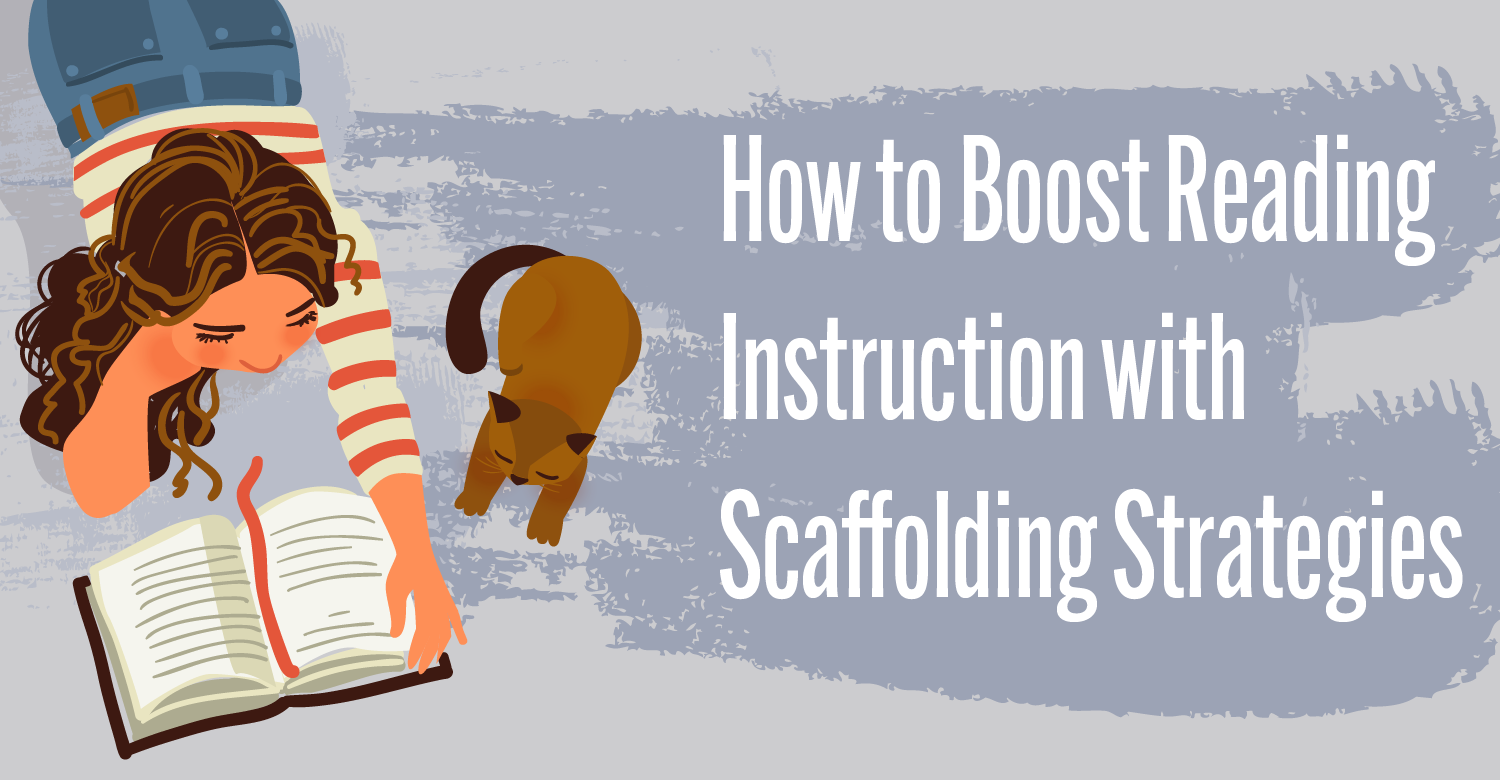
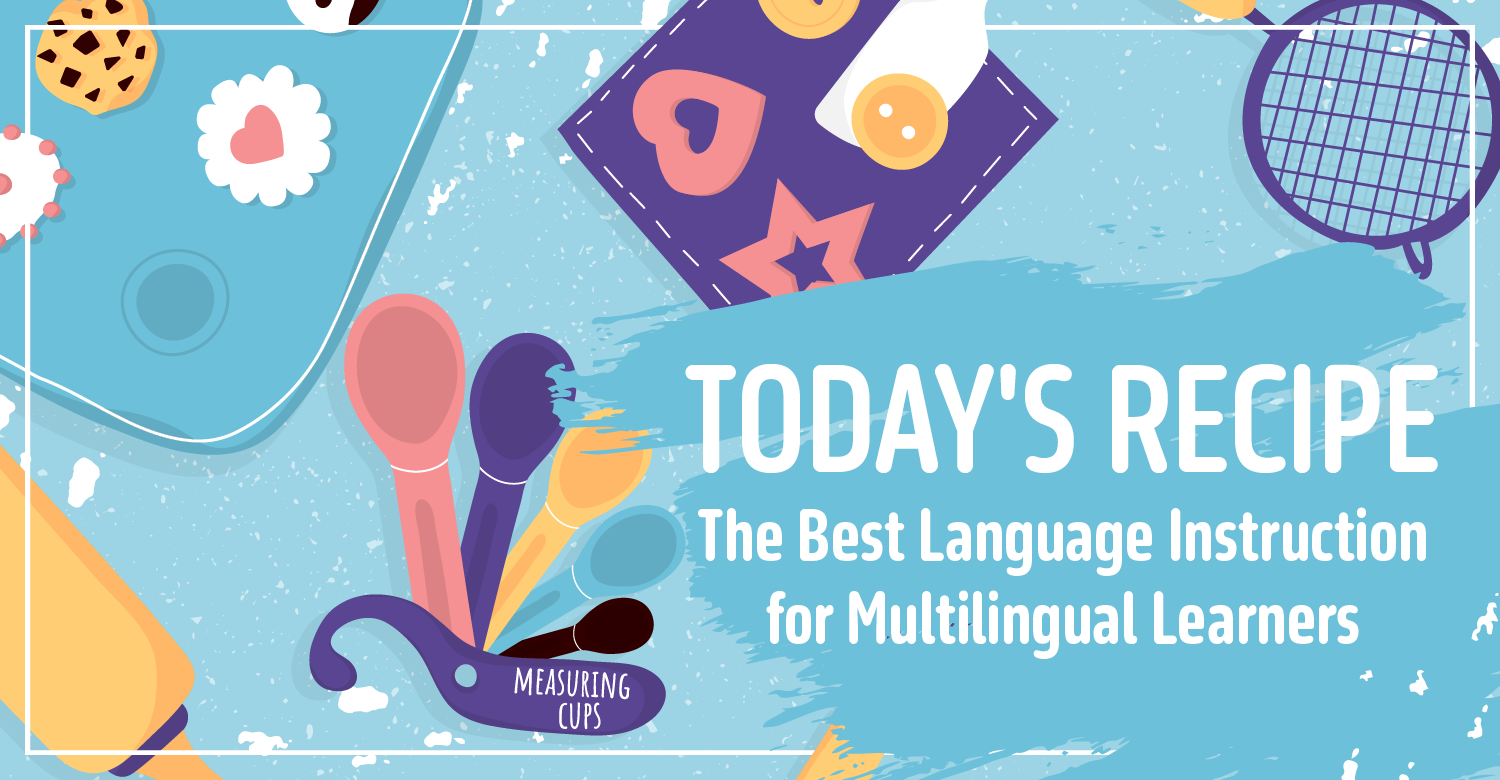
SNAP vocabulary strategies should help elementary teachers embed best practice vocabulary instruction in all lessons. What an invaluable resource for all teachers and learners.
These activities are SO very student friendly! The idea of being a “word nerd” is appealing and the fast paced lessons leave students and teacher-leaders feeling confident and empowered to take on the old-school vocabulary paradigm and flip its script. Kids look forward to the short SNAP-py inclusion in everyday. They even come up with their own groups of words-to-learn for classmates.
This book has it all: practical, engaging, and meaningful lessons that can be implemented instantly; fantastic explanations on how to make the lessons work; awesome supportive strategies that will empower all teachers; and on top of that it’s fun to read! SNAP is what vocabulary/reading instruction has been needing for years. Thank you, Dr. Peery!
This moves learning vocabulary from ‘drill and kill’ to pacing that holds students’ interest and engagement leading to deeper understanding. Thanks for combining the best instructional strategies with powerful vocabulary leading to higher student achievement!
Easy and doable way to introduce vocabulary to students. I can see incorporating your SNAP strategy into a learning experience along with other activities for words that students need to acquire and use with frequency as part of their lexicon. Thanks for sharing such a neat way to expose students to words!